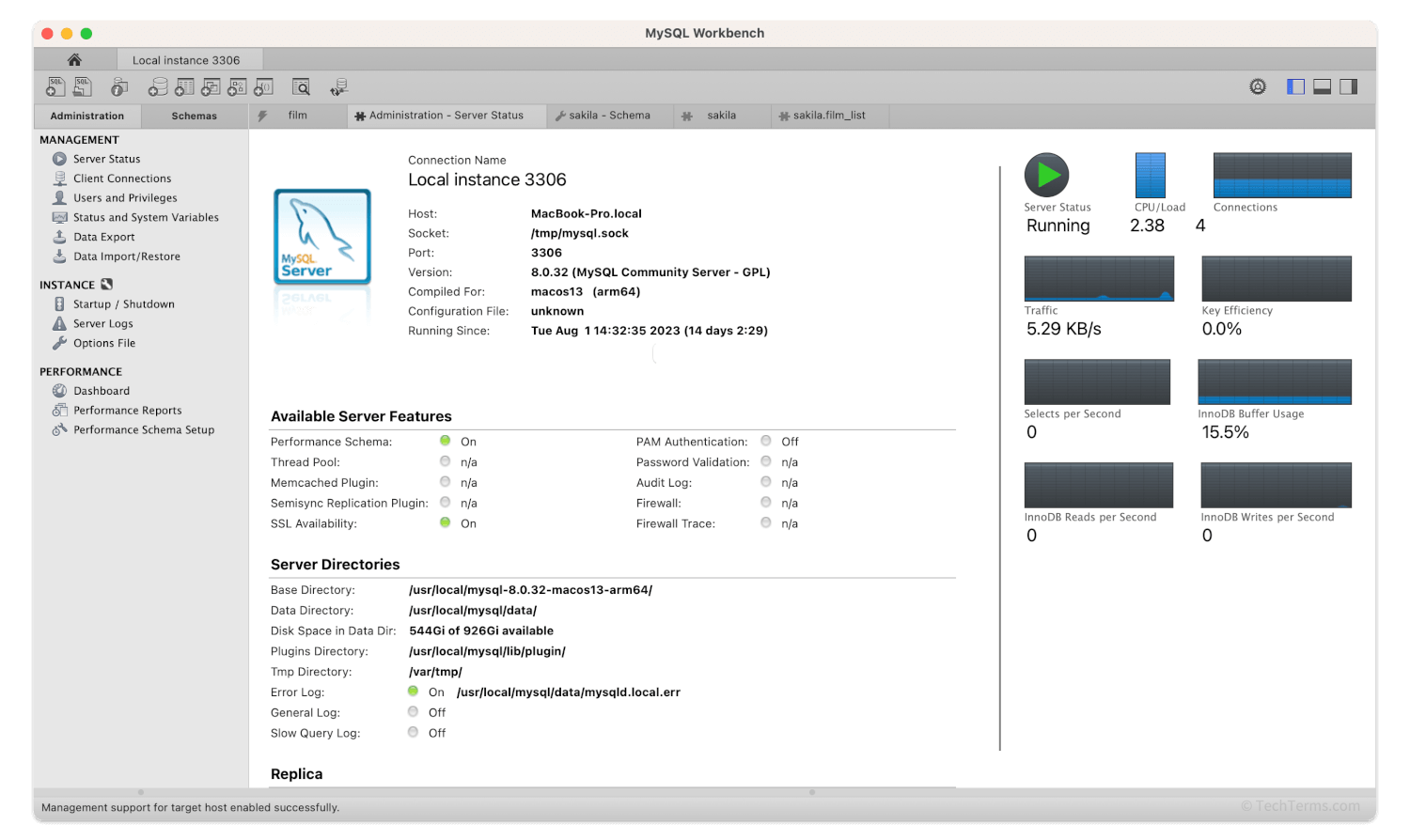DBMS
Stands for "Database Management System."
A DBMS is a software program that creates and runs a database. It creates a framework that can store, organize, retrieve, and manipulate the contents of a database in a structured manner. It also provides an interface for users and applications to access a database's contents using a standardized query language like SQL.
DBMS software also provides tools for database administrators to manage their databases. First, it provides a way for administrators to design a database by creating schemas, defining tables, and creating relationships. It helps administrators configure the database's user accounts, including permissions levels for each one. Administrators can specify which users can access data and which can add or modify database records; they may even choose to keep some data private and only accessible by specific accounts. A DBMS also helps administrators automate database backups and then restore from those backups when necessary. It can even monitor database performance, like how long each query takes.
Many types of DBMS are available, with some popular options including MySQL, Microsoft Access, Oracle Database, and MongoDB. Even though most databases use one of several standard query languages, with SQL being the most common, each DBMS has a unique feature set and implements those features using custom query commands. Since databases often need to communicate with each other, most database management systems include an Open Database Connectivity (ODBC) driver that converts proprietary syntax into a dialect that other databases can understand.

 Test Your Knowledge
Test Your Knowledge